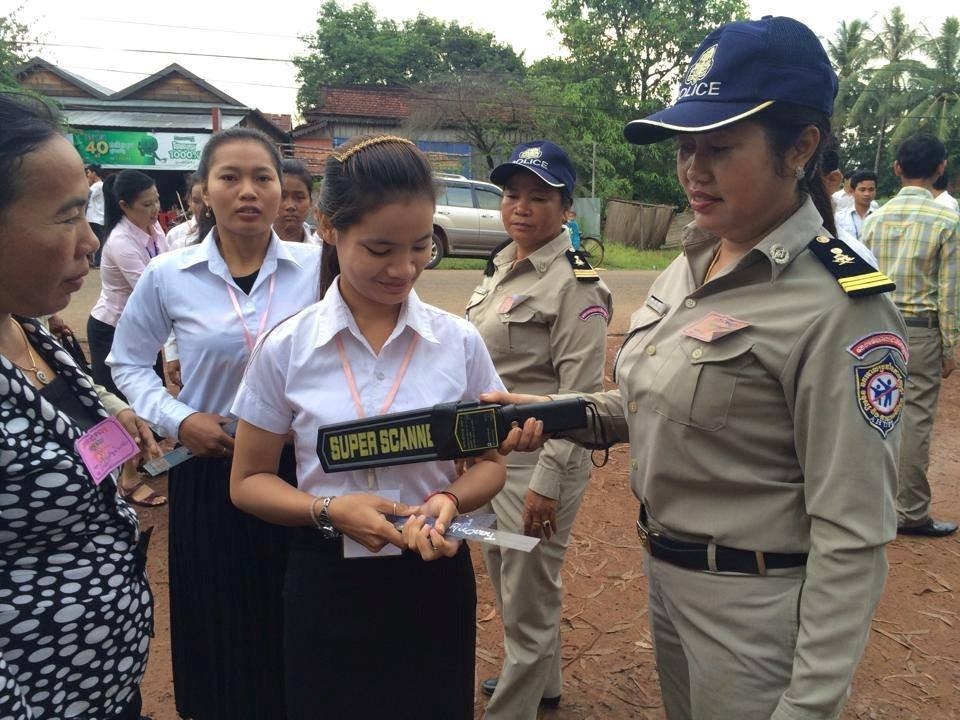I’m unfortunately not in Hong Kong at the moment and cannot experience the outpouring of civil disobedience. Some of the images and stories are simply amazing. My favourite so far is a YouTube video made by a drone flying over the swarms of protesters:
I also find it refreshing to hear the University of Hong Kong strongly supporting the student-lead protests. Here’s an email I received this morning from Peter Mathieson, President and Vice-Chancellor of the university:
We are deeply concerned about our students and staff in these extraordinary times in Hong Kong and therefore the President, Provost, Registrar and Dean of Student Affairs held an emergency meeting with student and staff representatives at the university this evening.
The University of Hong Kong profoundly regrets the escalation of events in recent days. We condemn violence of any kind by any party. We cannot understand the use of tear gas yesterday: the police and the government are accountable for that decision.
Our institutional policy towards class boycotts and staff absences are as previously stated but we will be flexible and reasonable in understanding the actions of students and staff who wish to express their strongly-held views. We repeat our plea for all parties to express such views peacefully and constructively; to always protect their own safety and that of others; and to engage in constructive dialogue, not in conflict.
We will also be flexible in understanding practical difficulties that staff and students may face in reaching the campus during periods of transport disruption and we advise all staff and students to adopt a “safety first” attitude.
It’s amazing to witness from afar the peaceful protests. Free water and snacks are being handed out. Protesters are helping elderly people cross the crowded streets. The protesters have made their opening move: they will camp on the main thoroughfares, peacefully and politely; they will not fight or riot, despite the government’s initial response of firing tear gas.
With increased pressure from Beijing, however, the tension is mounting. Beijing has called the protests unlawful and supports the Hong Kong government’s attempt to quell the unrest. The next moves by the government will be watched very closely: too harsh a move could turn the civil disobedience into violent unrest. Too weak a move could trigger a negative reaction by Beijing. This is a delicate situation that could get a lot worse before it gets better.

